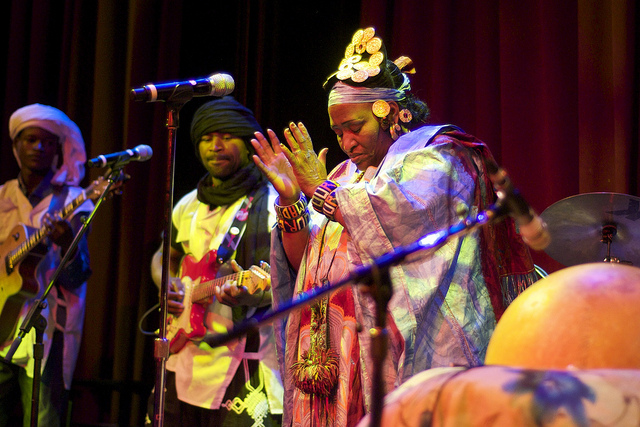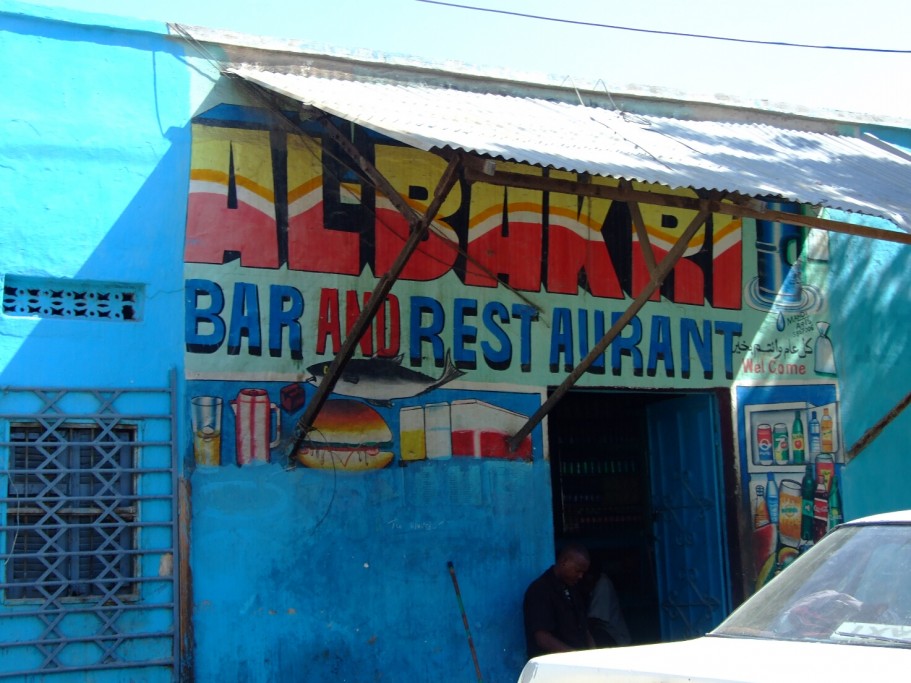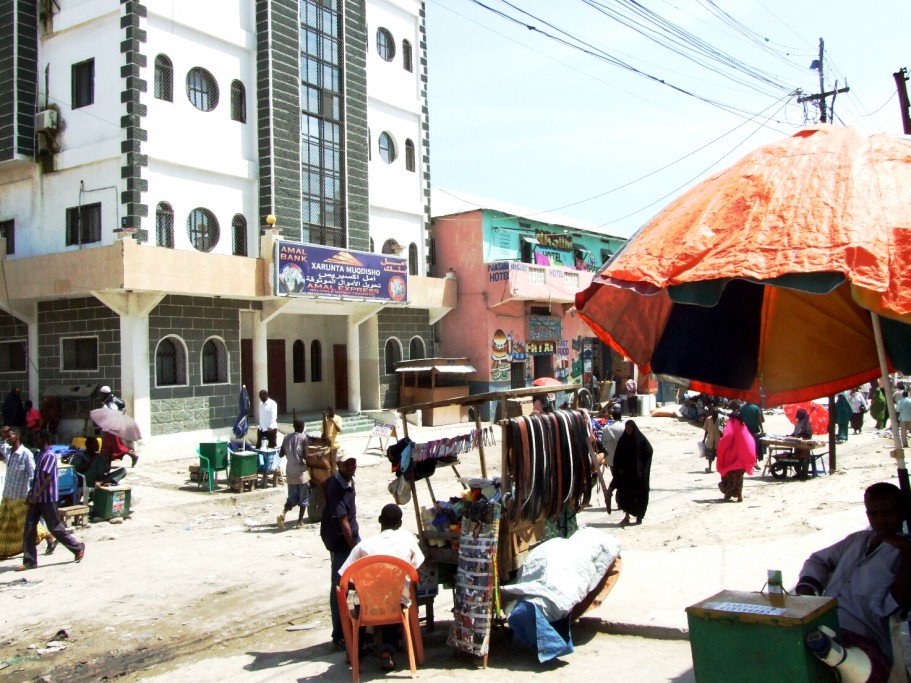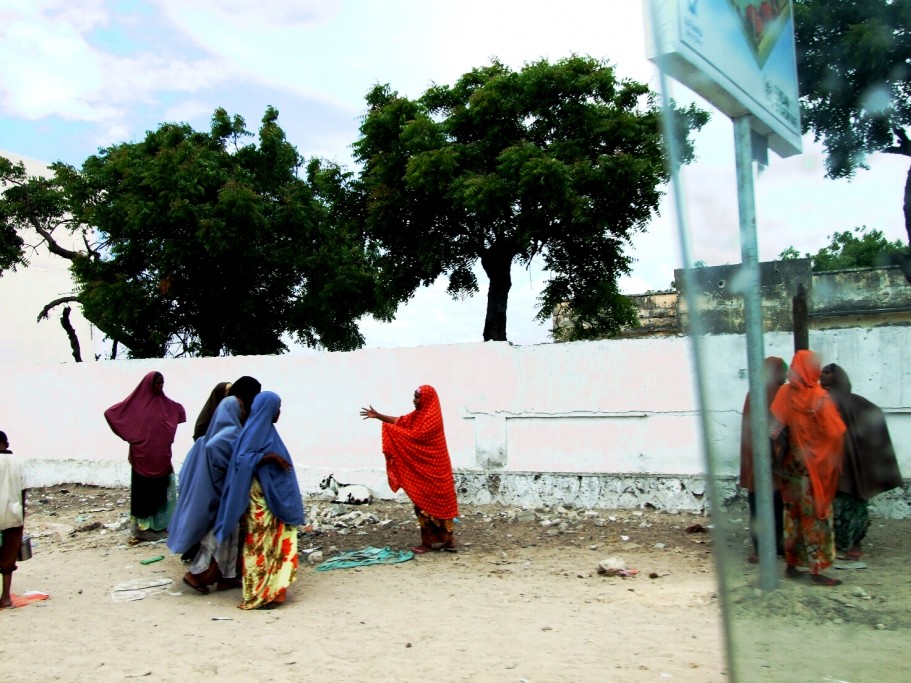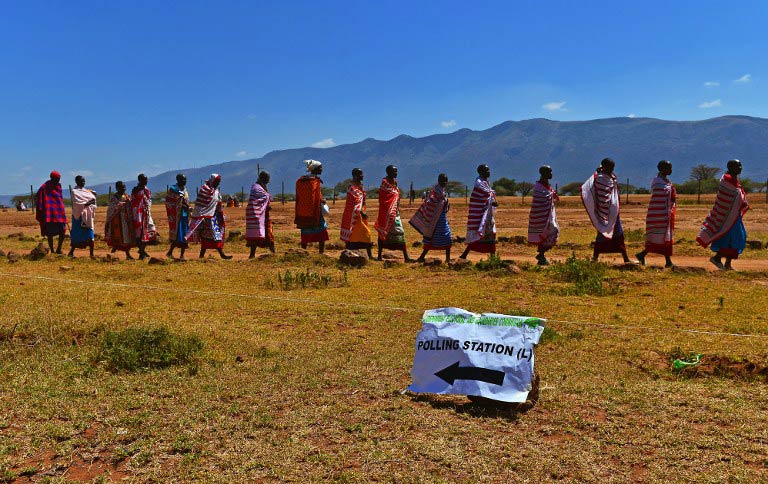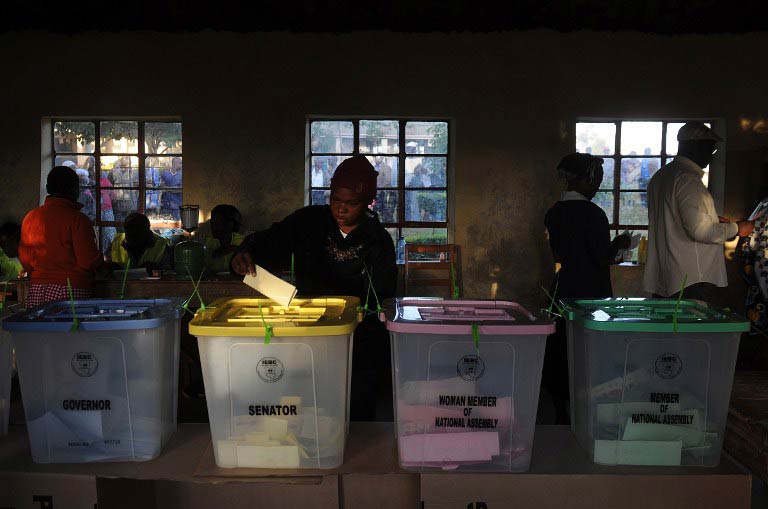Growing up in Mogadishu in the late 80s in a house full of young single women, the standard dress code for us was a traditional costume called a dirac (a long transparent loose dress), worn with an underskirt, bra and a light shawl. Women did not cover their hair until they were married. My aunts were allowed to date once they turned 16. There were only two rules: date men who had cars so they could pick them up and drop them off, and be back home before 10pm. When their potential suitors came to fetch them, they would politely greet family members with the customary “Galab wanaagsan” (good afternoon) or “Habeen wanaagsan” (good evening).
Just before they left for their dates, my aunts would burn some of my grandmother’s homemade unsi (incense) and apply it under their clothes for a long-lasting patchouli-mixed-with-vanilla-like sweet scent. It was amazing. I would sit in the room with them and hope for some of that perfume to get onto my clothes and hair. I often tried on their beautiful, multi-coloured diracs and high heels. I could not wait to turn 16, get my hair highlighted and straightened just like my aunts, and go on dates.
But in 1990 the civil war rudely interrupted my plans and, at the age of 13, I fled Somalia with my family and thousands of others. There was no more talk among young women about dates, fashion and hairstyles. All I was left with were three younger siblings to look after, a disabled and unemployed father, and desperate poverty. My world was turned upside down and I had to find something else to look forward to, now that my aunts were married off and I was the eldest female in the house.
During 1991 and 1992, we lived in Eastleigh, then one of Nairobi’s slums populated by other Somalis also escaping the civil war. My focus in life changed considerably during this time. I realised I had only two options to escape poverty and the miserable living conditions I found myself in: marry or study. Most of the women in my family only studied as far as high school, and I was not impressed with how their lives turned out after they got married. They seemed unhappy, and some of them were even beaten by their husbands.
To me, marriage seemed like a trap. Women were burdened with too many babies and no time to enjoy life. I was also surprised by the rise of a strict version of Islam that had women get rid of their colourful and beautiful diracs and wear ugly umbrellas. The music stopped, perfume became haraam (forbidden) and “Subax wanaagsan” (good morning) was replaced with the Islamic greeting of “Assalamu alaykum”. It seemed that our Somali culture and way of life was erased, overnight.
The only way to escape this systematic silencing of women and the oppressive new culture was to study my way out of the slum. Despite wearing a hijab (forced on me by my father and “society”), I registered for the cheapest and only English classes I could afford. They were held in the local church a couple of blocks away from the dingy two-bedroom flat I shared with my dad, three siblings and five other relatives. This initially caused a lot of heated arguments with our Somali neighbours. How can a Muslim girl in hijab enter a church?! Where are her father and male relatives to stop and discipline her? I calmly tried to explain that I was attending English classes and not going to the church to pray. What I could not say out loud (my first lesson in carefully picking my battles) was that I did not care much for their opinion and there was nothing they could do to stop me. If I could not wear the beautiful Somali dirac, put highlights in my hair, and look forward to dates, then I was going to find other ways to get excited about life. What better way than learning English as part of my get-out-of-poverty strategy – and irritating the self-appointed moral police at the same time?
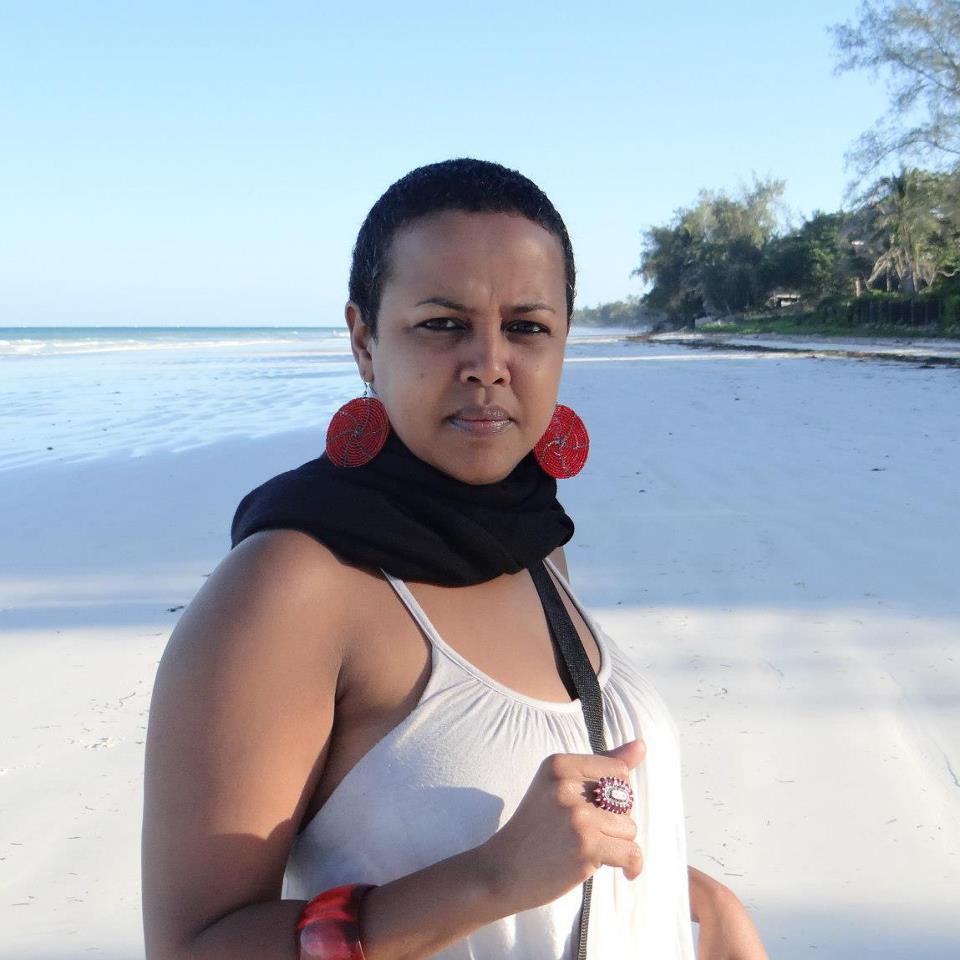
My lucky break came in mid-1992, a few months into my English classes. A British charity, The Hugh Pilkington Trust, was sponsoring refugee students to complete their war-interrupted studies and offered free English classes. My kind and dedicated Kenyan English teacher encouraged me to apply and told me that if I did well, they would send me abroad to complete my studies! In addition, the charity gave students a small monthly stipend to help them make ends meet so they could focus on their studies. This was the ticket I had been praying for. I threw myself into that English class like my life depended on it; I listened to the BBC World Service religiously; I told my siblings that from then on I would not speak anything but English. Everyone thought I had gone mad but I had a plan and nothing was going to stop me.
A year after I enrolled in the class, I won a scholarship to attend the prestigious United World College, an education movement comprising 12 international schools and colleges. I had to choose from three colleges in Swaziland, Canada and Hong Kong. I did not know where Hong Kong was, but I knew where Swaziland was and I wanted to get the hell out of Africa. All I experienced in this continent was war, poverty and stifling cultures. Many Somalis were immigrating to Canada, so that was a no-go. I needed a break from Somalis also. I asked about Hong Kong and how far it was from both Somali culture and Islam, and when they told me it was the furthest from both, my decision was made!
I studied in Hong Kong for two years and obtained an International Baccalaureate (IB) pre-university diploma. I went on to receive undergraduate and postgraduate degrees in politics in the United Kingdom, also on full scholarships. Studying, living and working abroad widened my perspectives. After nearly 20 years away, I have returned to Africa for good, grateful for the wide open spaces and eager to contribute to the changes necessary in Somali culture so the next generation of Somali girls lead better lives.
Fatuma Abdulahi blogs at postcardfromafrica.blogspot.com. Connect with her on Twitter.

